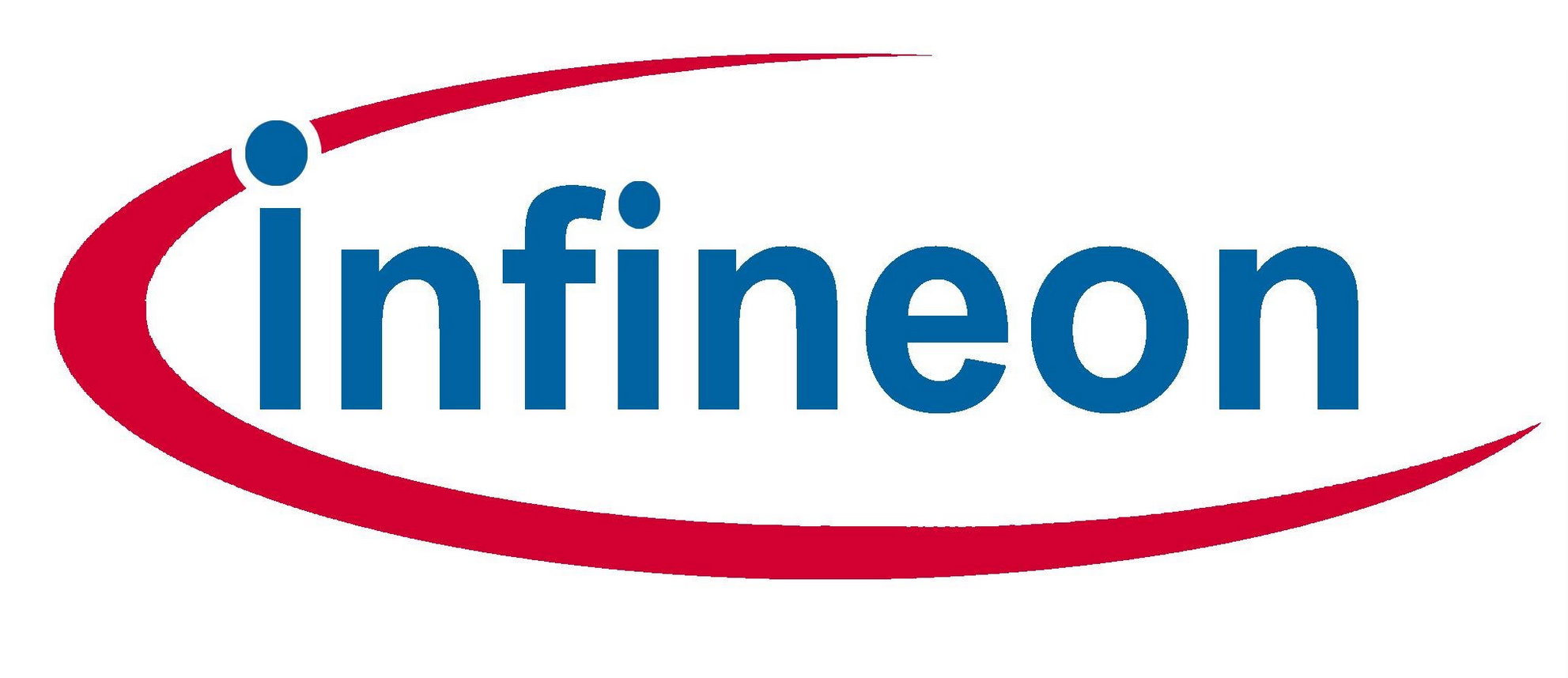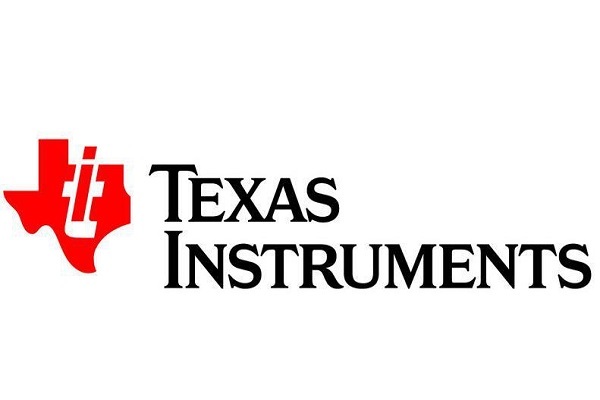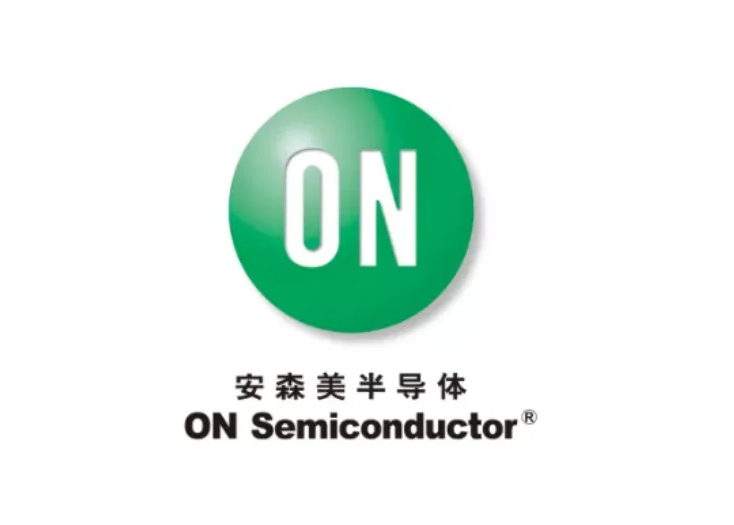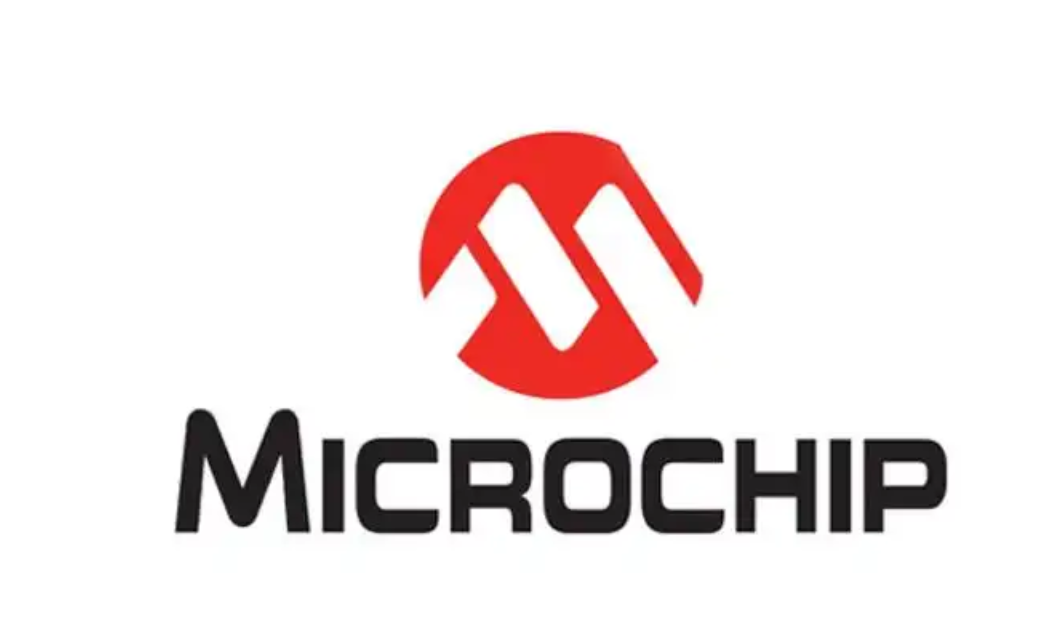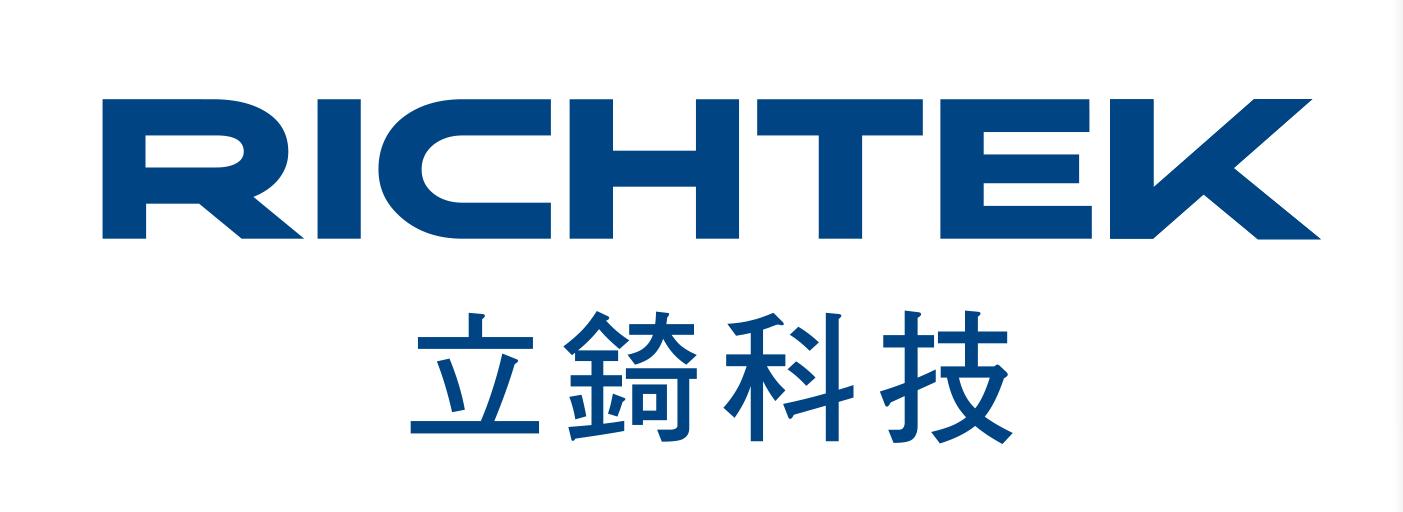Sensor technology, as the “first step” in information acquisition, is undergoing an unprecedented revolution. From traditional physical and chemical sensing to today’s intelligence and miniaturization, the application of sensors has penetrated into every aspect of life. With the advancement of technology, the future of sensors will not be limited to existing functions and fields. They will become more intelligent, precise, ubiquitous, and even change our social structure and way of life.
Future sensors will no longer be simple environmental perception devices, but intelligent devices capable of autonomous “thinking” and “decision-making”. With the development of artificial intelligence technology, more and more sensors will have the ability of “intelligent processing”. Future sensors can not only sense changes in the environment, but also perform preliminary data analysis and processing through built-in algorithms. For example, intelligent temperature control systems will no longer only adjust based on indoor temperature, but can also adjust environmental settings according to the activities, emotions, and even health status of residents to achieve optimal comfort.
This intelligent sensor will play an important role in fields such as smart homes, smart healthcare, and autonomous driving. For example, in the field of intelligent healthcare, sensors can automatically adjust drug doses or remind users to take measures based on changes in patients’ physiological data; In autonomous vehicle, sensors not only need to detect road conditions, but also can analyze traffic flow, weather changes and other information in real time to make more accurate decisions.
With the breakthrough of nanotechnology, future sensors will become increasingly miniaturized and integrated. Through miniaturization design, the volume of sensors will be significantly reduced, and they can even be embedded into clothing, skin, and even the interior of the human body for real-time monitoring. For example, sensors in smart clothing can monitor physiological indicators such as the wearer’s movement status, heart rate, body temperature, and even automatically issue alerts and notify doctors when health abnormalities are detected. In the future, integrated sensors will seamlessly connect with other devices, forming intelligent ecosystems that make life more convenient and efficient.
Future sensors will not be limited to a specific field or function, but will have multiple sensing capabilities and be able to achieve cross domain applications. For example, in the field of agriculture, sensors will not only be able to monitor soil moisture, but also sense various environmental factors such as soil temperature, nutrient composition, and air quality, thereby helping farmers to accurately regulate irrigation, fertilization, and other operations, achieving intelligent agriculture.
In addition, future sensors will also play an important role in the construction of smart cities. By integrating multiple sensors, cities can monitor environmental factors such as traffic conditions, air quality, water quality, and noise in real time, thereby helping governments and management departments to carry out refined management, improve the efficiency of urban operations, and enhance the quality of life of residents.
The future of sensors is full of infinite possibilities. They will become increasingly miniaturized, intelligent, and multifunctional, widely used in various fields, promoting the development of human society towards a more intelligent, convenient, and efficient direction. Lead us into a new era of greater intelligence.




